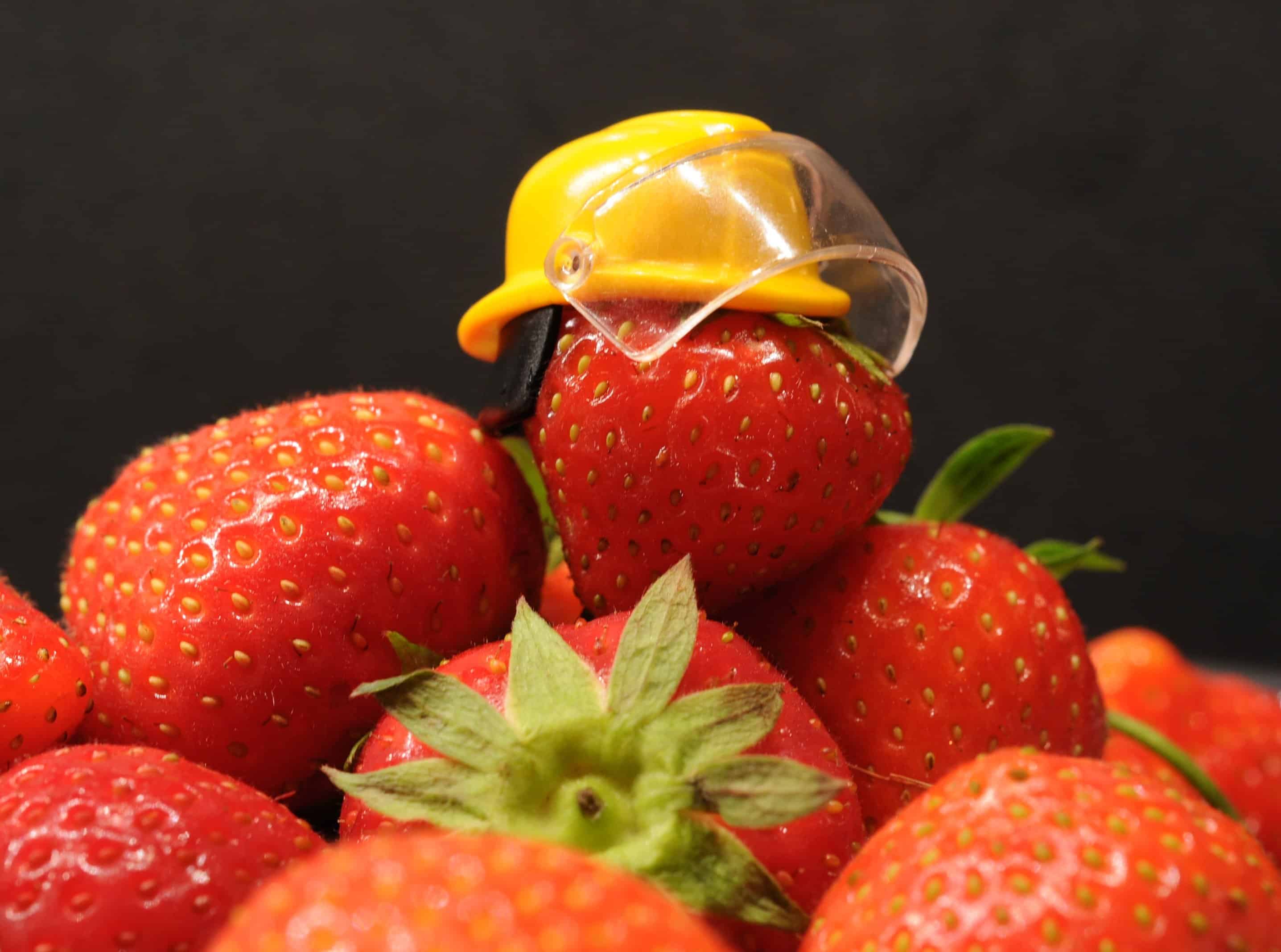The article (Viral Food Poisoning from Pesticides?) raises issues, but what do you recommend we do as a response? e.g. I noted in the comments below one reader suggests a 10% vinegar solution. I myself do a vigorous wash of my veg before consumption. I think many would appreciate and benefit from what you regard as best practices for handling fresh veg to be consumed raw.
James/ Originally posted in Viral Food Poisoning from Pesticides?
Answer:
Dr. Greger’s video on Norovirus explains possible ways to reduce risk and how the contamination occurs in the first place.
From his “Doctor’s Note” under the video:
“When you hear of people getting infected with a stomach bug from something like spinach, it’s important to realize that the pathogen didn’t originate from the spinach. Intestinal bugs come from intestines. Greens don’t have guts; plants don’t poop. So the Salmonella in alfalfa sprout seeds (Don’t Eat Raw Alfalfa Sprouts) likely came from manure run-off or contaminated irrigation water. But this pesticide angle adds a whole new route for fecal pathogens to pollute produce. Broccoli Sprouts are safer, and organic sprouts may therefore be safer still. Organic foods may also be healthier (Cancer Fighting Berries) and don’t carry the potential chemical hazards associated with pesticides.”
I think the best we can do is wash our fruits and veggies well and try to eat organic when possible. There doesn’t seem to be a difference rinsing or soaking with cold water vs. vinegar. What about salt-water? Check out Dr. Greger’s video on “How to Make Your Own Fruit and Vegetable Wash.”
I understand this won’t solve outbreak concerns 100%, but it may be a step in the right direction regarding a solution. If folks have the ability to grow a few indoor/outdoor house crops, or find the time to raise some veggies in a Community Garden, that could provide a healthful and beneficial way to know exactly what’s your soil and water. This may reduce contamination risks even further.
Image credit/Frans Persoon via flickr
